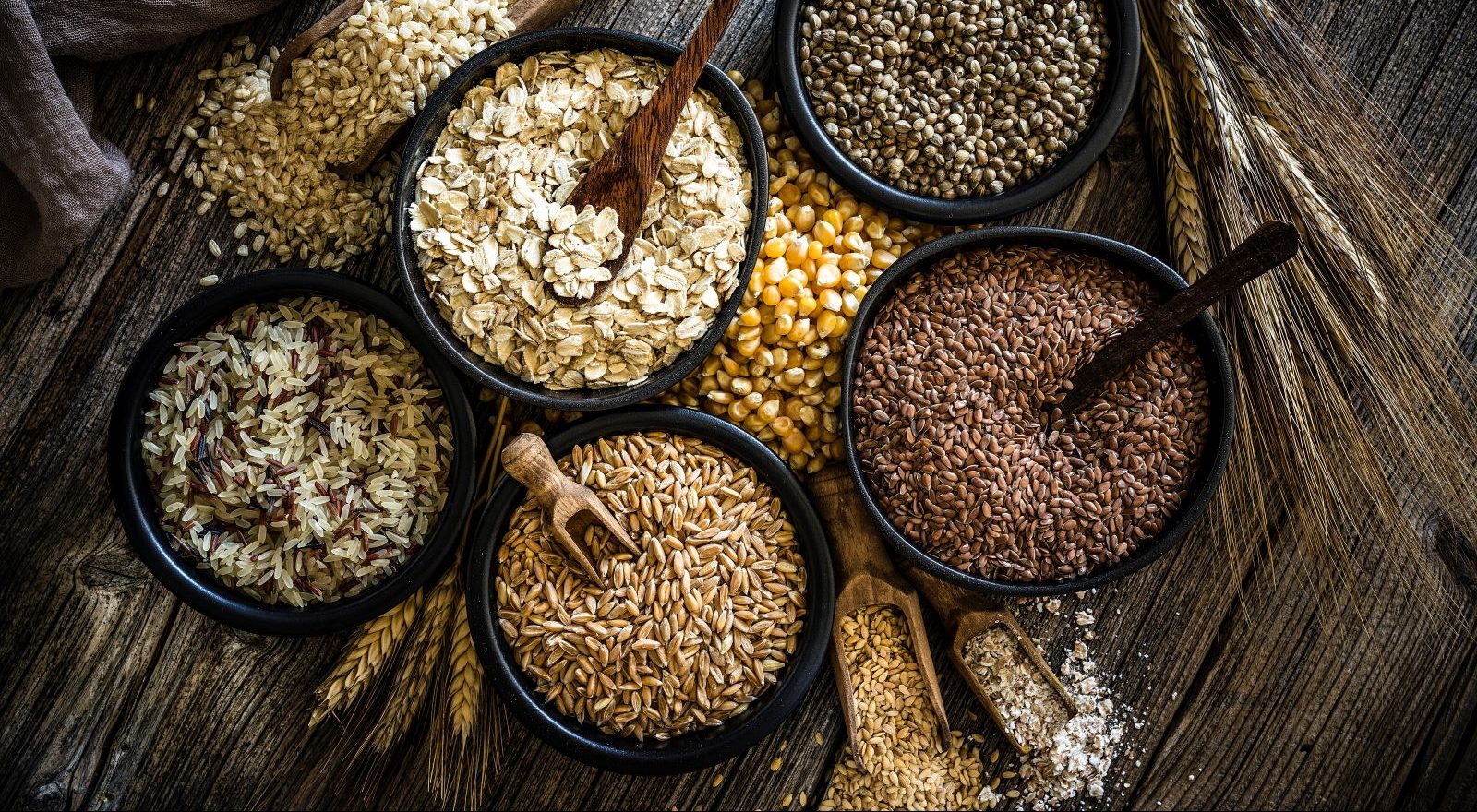In the world of healthy eating, no phrase is thrown around more than “whole grains.”
But what are they? And why do we want to eat them?
We asked registered dietitian Jamie Allers, MS, from Hartford HealthCare’s Digestive Health Institute, to give us the whole story.
Whole grains vs. refined grains
Grains are an important part of a healthy diet because they provide essential vitamins, minerals and carbohydrates that fuel our bodies. Whole grains still contain the bran, germ and endosperm, while refined grains have had the bran and germ removed.
“Ideally, you want your grains to be as close to whole as they can be,” Allers says. Those are the most nutrient-rich.
Refined grains lose significant amounts of vitamins and minerals, she says, although often manufacturers will then “enrich” the product by adding vitamins and minerals back in.
> Related: Should I Try Cutting Carbs, Fat or Sugar for Weight Loss?
5 grains to add to your diet
There are lots of grains from which to choose, all offering different tastes, textures and nutritional advantages:
1. Rice
When it comes to rice, white rice is refined and brown rice is whole. Basmati and jasmine are long-grain varieties of white rice.
If you were raised on white rice and find the texture or taste of brown rice to be unappetizing, Allers suggests mixing the two together. From there, you can gradually reduce the amount of white rice you are eating until you fully transition.
“Also, rice tastes like what you cook it in,” she says. “It absorbs those flavors. So cook it in chicken or vegetable broth, or a healthy sauce.”
2. Quinoa
Quinoa is a South American grain “that is considered a 100% plant-based protein because it contains all the essential amino acids,” Allers says.
Whether you have it for breakfast, lunch or dinner, it’s a great option to add some protein or fiber to your diet.
3. Farro
An integral part of the Mediterranean diet, there are two main types of farro: traditional, which isn’t processed, and pearled, which is processed and cooks more quickly.
Allers encourages her patients to try it instead of brown rice because of its flavor and texture – and its health benefits.
4. Bulgur
Bulgur might not have cracked your dinner rotation yet, but it’s time to give it a shot. It’s a staple in tabbouleh – a Middle Eastern salad – and it’s the perfect texture for a stew or pilaf.
And if that’s not enough, it also cooks quickly and has a palatable texture.
5. Barley
Not only does it make for a great side dish, barley is the perfect grain for baked goods, soups and beer. Out of all the grains, it has the most dietary fiber and is packed with antioxidants.



